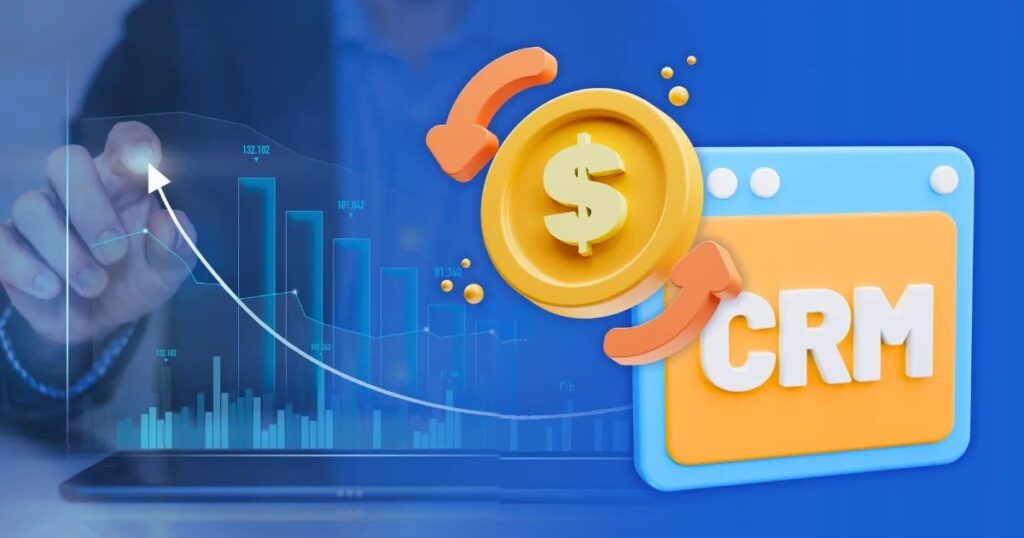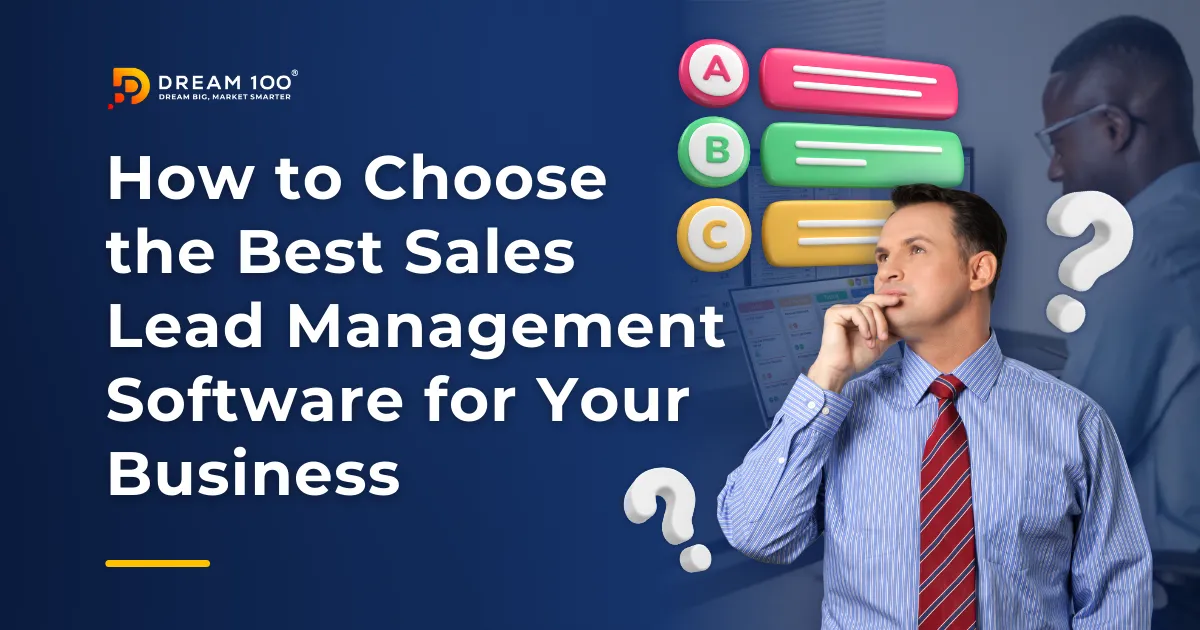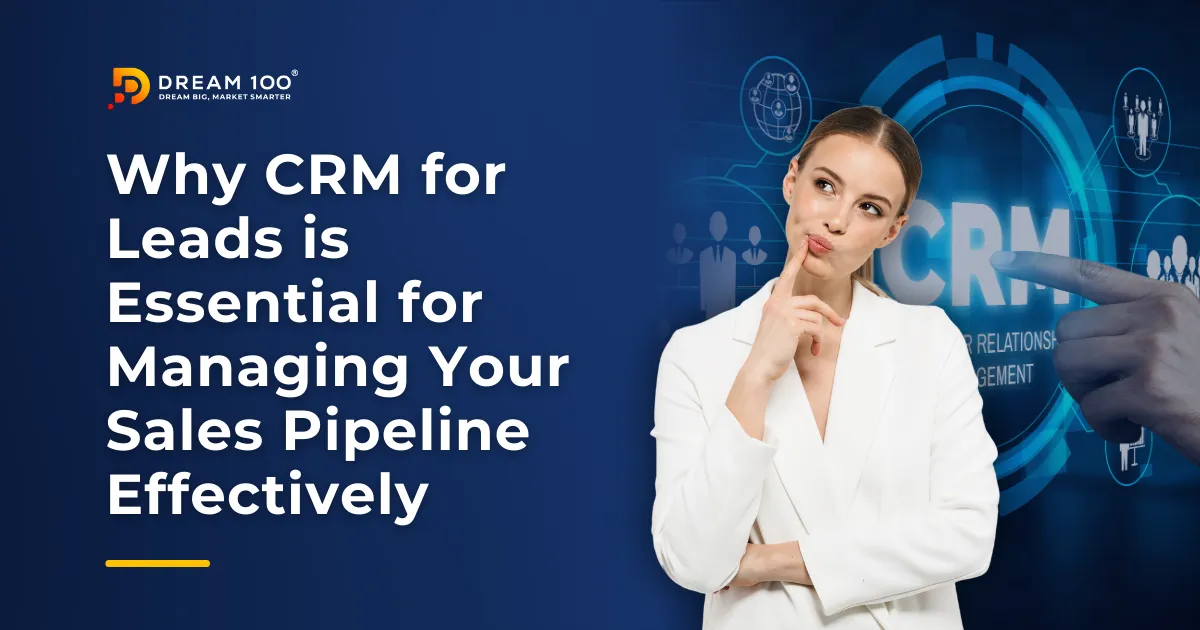Calculating CRM return on investment (ROI) is essential for businesses looking to understand the value derived from their Customer Relationship Management (CRM) systems. This calculation helps companies gauge whether the financial benefits of their CRM exceed the costs involved. Businesses can make decisions about future investments in CRM technologies and strategies by effectively measuring CRM ROI.
In this step-by-step guide, we’ll break down the process into manageable parts, making it easy for you to assess the profitability of your CRM initiatives. Whether you’re considering implementing a new CRM system or want to evaluate an existing one, understanding your CRM return on investment is crucial. Stay tuned as we dive into how to calculate and optimize your CRM’s financial impact on your organization.
Understanding CRM and ROI

Customer Relationship Management (CRM) is a strategic tool businesses use to analyze customer interactions and data throughout the lifecycle. The primary goal of CRM is to improve business relationships with customers, enhance customer retention, and drive sales growth. By organizing customer information and documenting interactions, CRM and ROI systems help companies streamline processes, build customer relationships, and increase profitability.
Overview of ROI and its Significance in CRM Investments
Return on Investment (ROI) measures the financial return on a particular investment relative to its cost. In CRM investments, calculating the CRM return on investment is crucial for determining how effectively the CRM system contributes to the bottom line. An impressive CRM return on investment signifies that the CRM system is not just a cost center but a pivotal investment that propels the company forward.
How CRM and ROI are Interlinked
CRM return on investment is deeply intertwined with a company’s operational and strategic objectives. Here’s how they connect:
- Enhanced Customer Insights: CRM systems provide detailed analytics on customer behavior and preferences, allowing companies to tailor their offerings effectively. This targeted approach can significantly increase sales and the CRM return on investment.
- Increased Efficiency: By automating routine operations, CRM systems free up employees’ time to focus on more strategic activities that directly contribute to revenue, enhancing the CRM return on investment.
- Improved Customer Retention: CRM helps nurture customer relationships, which is less costly than acquiring new customers. Higher retention rates bolster the CRM return on investment through continued revenue streams from loyal customers.
- Cross-Selling and Upselling Opportunities: Effective use of CRM systems can identify opportunities for selling additional products and services to existing customers, directly improving the CRM return on investment.
Understanding the dynamic relationship between CRM and ROI helps businesses justify their CRM investments and strategize on improving their systems to maximize CRM ROI. This foundational understanding sets the stage for deeper dives into evaluating and maximizing these returns.
Evaluating CRM Return on Investment

Identifying the right metrics is crucial when evaluating CRM return on investment effectively. These metrics provide insight into the performance of the CRM system but also illustrate how it impacts the overall business success. Essential metrics include:
- Customer Acquisition Cost (CAC): Measures the total cost of acquiring new customers divided by the number of customers.
- Customer Lifetime Value (CLV): Estimates the total revenue a business can expect from one customer account throughout the relationship.
- Sales Conversion Rates: Tracks the percentage of leads that convert to actual sales, indicating the effectiveness of CRM in nurturing leads.
- Customer Retention Rates: Measures how well the CRM system helps retain existing customers, a key factor for sustained revenue.
These metrics offer a comprehensive view of CRM effectiveness and its contribution to the CRM return on investment.
Techniques for Tracking and Analyzing These Metrics
Once the key metrics are identified, the next step is to establish techniques for tracking and analyzing these metrics:
- Integration of Analytics Tools: Incorporating analytics tools into the CRM system can automate data collection and provide real-time insights into customer behavior and CRM performance.
- Regular Reporting: Establishing a routine for generating detailed reports helps monitor trends and assess performance against set business objectives.
- Segmented Analysis: Breaking down data by customer segments or business units can reveal deeper insights into specific areas where the CRM is performing well or underperforming.
Maximizing ROI from CRM System
To maximize the ROI from CRM systems, businesses must optimize their CRM processes effectively. Here are several best practices:
- Data Quality Management: Ensure the data entered into the CRM is accurate and up-to-date to make informed business decisions and maintain high-quality customer interactions.
- User Training and Engagement: Regular user training sessions will help users utilize the CRM system to its full potential, thereby enhancing productivity and improving the CRM return on investment.
- Workflow Automation: Automate tasks such as data entry, customer notifications, and follow-ups. This reduces errors, saves time, and allows staff to focus on more value-added activities, boosting the CRM return on investment.
- Personalized Customer Experiences: Use CRM data to tailor interactions based on client preferences and history. Personalization can boost customer satisfaction and loyalty, enhancing the CRM return on investment.
Tools and Technologies That Improve CRM Efficiency and ROI
Leveraging the necessary tools and technologies can significantly impact the efficiency of CRM systems and the overall CRM return on investment:
- Artificial Intelligence (AI): Can analyze large volumes of data to predict customer behavior, automate responses, and personalize customer interactions, thereby increasing the CRM’s return on investment.
- Advanced Analytics: Tools that help deeper insights into customer data businesses make informed decisions that enhance CRM strategies and outcomes.
- Mobile CRM: Mobile CRM tools allow real-time access to CRM data from anywhere, improving team responsiveness and the overall customer experience, which in turn boosts CRM return on investment.
Continuous Improvement Strategies for Sustained ROI Growth
For sustained growth in CRM return on investment, continuous improvement strategies are essential:
- Regular System Reviews and Feedback Loops: Regularly review the CRM system’s performance and solicit user feedback to identify improvement areas.
- Adapt to Changing Market Conditions: Be agile and update CRM strategies in response to evolving market trends and customer needs.
- Measure and Adjust: Continuously measure the performance against the key CRM metrics and adjust strategies as needed to ensure the CRM system remains aligned with business goals.
Implementing these best practices, using cutting-edge tools, and committing to continuous improvement will significantly enhance the effectiveness of a CRM system and maximize the CRM return on investment. This strategic approach supports better business outcomes and ensures that the CRM system remains a valuable asset in the competitive landscape.
Conclusion
Understanding and optimizing your CRM return on investment is crucial for any business looking to leverage the full potential of their CRM systems. From breaking down the basics of CRM and ROI to diving deep into evaluation methods and optimization strategies, it’s clear that a well-implemented CRM system can be a game-changer for your business efficiency and profitability.
Ready to experience our excellent services? Visit us at Dream 100®’s Contact Page and let us help you unlock the full potential of your business. Together, we can drive success and growth!




